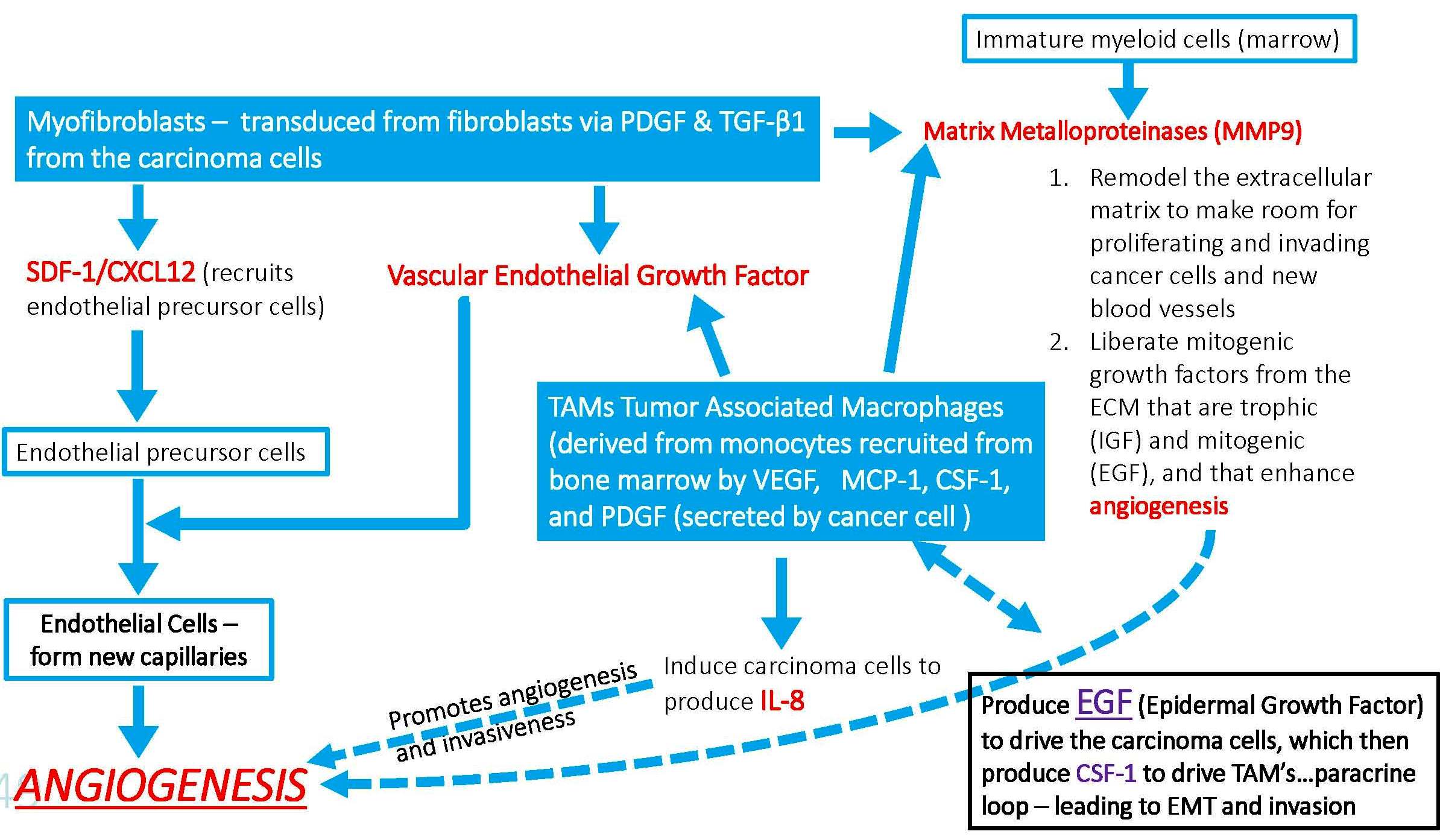Opdivo (nivolumab – BMS) and Cometriq (cabozantinib -Exelixis) demonstrated positive results in studies of patients with kidney cancer. Renal cell carcinoma is the most common type of kidney cancer in adults, accounting for more than 100,000 deaths annually. Globally, the five-year survival rate for those diagnosed with metastatic, or advanced kidney cancer, is 12.1 percent. Continue reading


